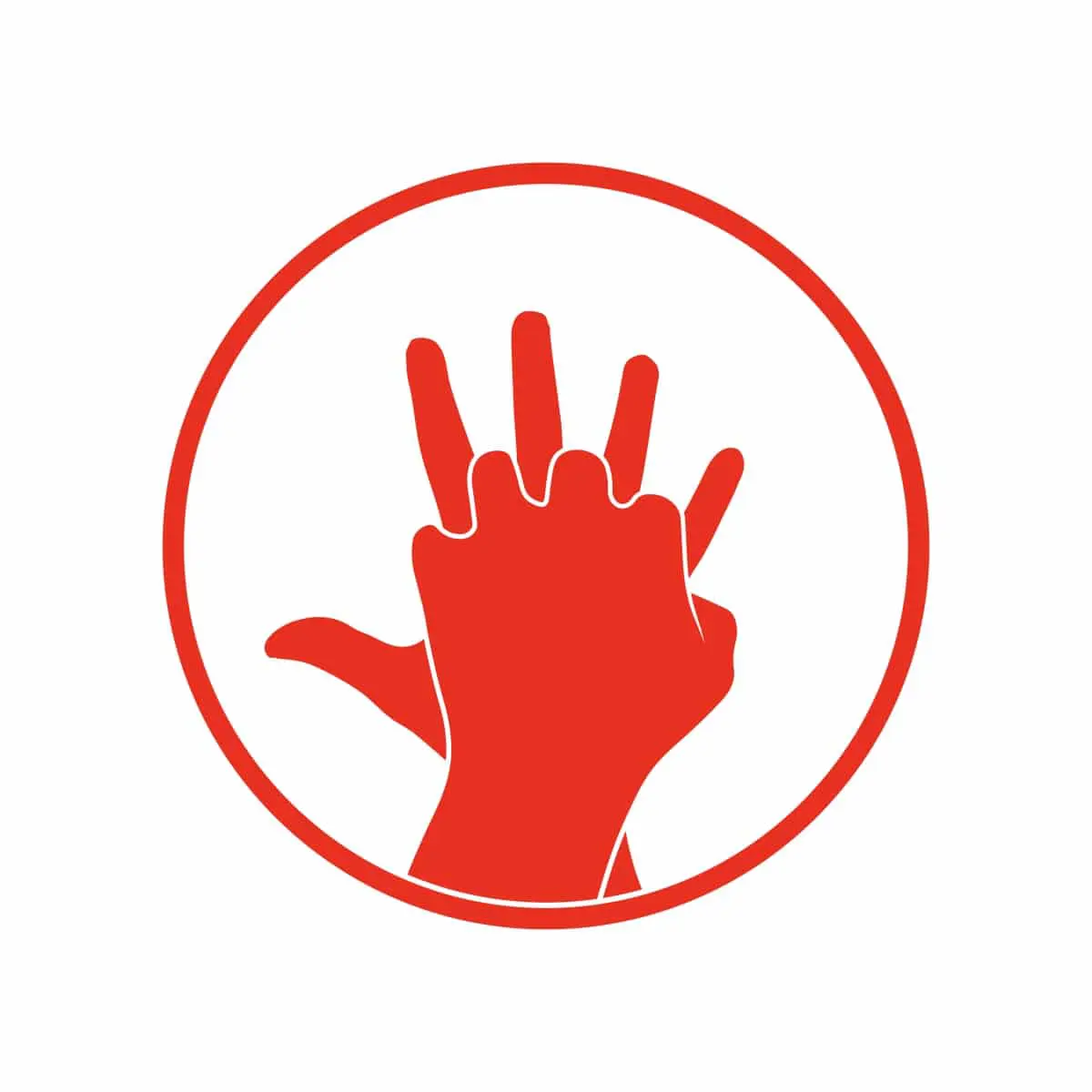When And How To Undertake Your CPR Recertification
First of all, if you are reading this post because you have already been certified in CPR once and are looking for recertification, let us thank you. Your decision to take the time to learn a lifesaving technique is a selfless and incredible thing to do, even if it is because of a work requirement.
Your CPR certification does expire and making sure that you don’t let it lapse before chatting CPR recertification taken care of is important. In today’s blog from the CPR recertification team at In-Pulse CPR, we will take a look at certification, recertification, and everything you need to know about getting it done on time.
To learn more, continue reading. If you know what you are doing and you are ready to get signed up for a recertification course, then check the schedules of our CPR classes near you in Minnesota, Florida, and Pennsylvania today.
What Does Certification Look Like?
To become CPR certified, you need to enroll and take a CPR class (we recommend courses backed by the American Heart Association) that lasts roughly four hours and covers the following kinds of topics through instruction, modeling, and guided practice.
- Scene safety assessments
- Checking responsiveness
- Assessing breathing
- Activating emergency medical services
- Assisting someone who is unresponsive
- Assisting someone who is choking
- Use of protective barriers
- Compressions and breaths
- And Automated External Defibrillator (AED) use
Once you have completed the coursework and test successfully, you can expect to receive a digital CPR certification card in your email that can be shared or printed with your employer or organization.
How Long Am I Certified For?
Various organization’s certification can last varying lengths of time, but for the American Heart Association courses that are taught by the team at In-Pulse CPR, your certification is compliant for a two-year period from the issue date on your digital certification card.
With that being said, the AHA is not the ultimate authority on the certification requirements at your place of employment. Some employers may require more frequent certifications or additional certifications to remain current with their standards. Always make sure you are keenly aware of the individual requirements mandated for your job.
How Do I Get CPR Recertified?
Recertification is just as easy and just as fun as getting certified was. All you need to do is register for a CPR certification course that meets your needs. Just like before, the course will take roughly four hours to complete and will cover all of the fundamentals of CPR along with any updates, changes, or modifications that have been made to the technique.
If you are a medical care or healthcare provider, then you probably need to make sure that you are registered for a BLS CPR certification course. For non-medical personnel, the AHA Heartsaver CPR certification class will likely meet your needs.
Other Things To Keep In Mind
Here are a few other things to keep in mind when planning for your CPR recertification.
- Plan Ahead – The last thing that you want to have happened is for your CPR certification to expire. This can cause you to miss time at work or put your employer at risk.
- Ask About Other Certifications – There are other certifications like first aid, Advanced Critical Life Support (ACLS), and more that may be required by your employer. Do not assume that the Heartsaver or BLS certifications are the only courses you need.
- Make The Most Of Your Recertification – With any luck, you haven’t had to put your CPR skills to the test since you were originally certified. As such, make sure to use this time to really pay attention, ask questions you didn’t think of the first time around, practice hard, and improve your ability to save a life.
Get CPR Recertification Near You From In-Pulse CPR
At In-Pulse CPR, we offer CPR recertification courses, first aid, AED training, and more so that you, your team, and your company can have the tools and training that you need to help save someone from a cardiac arrest or choking situation using the program developed by the American Heart Association. Sign up for recertification with us today at a location near you (we have over 60 class sites) in Florida, Minnesota, and Pennsylvania.



